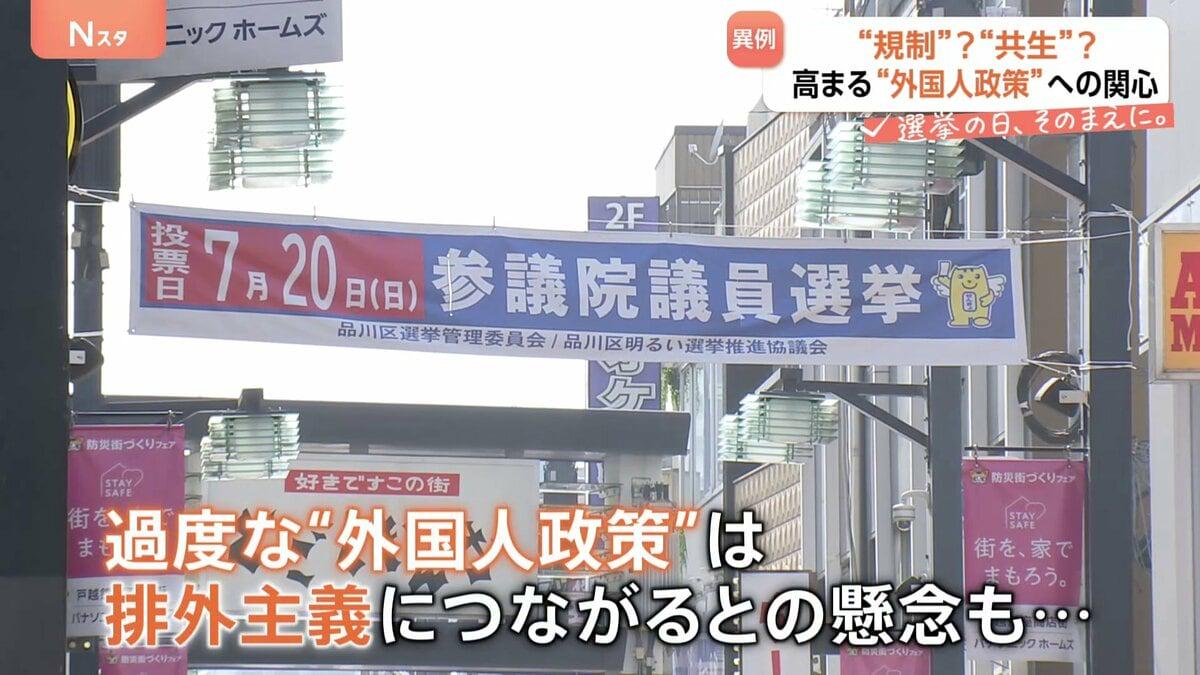
During the current Upper House election campaign in Japan, immigration policy has become a hot topic. Political parties across the spectrum are debating two key themes: "regulation" and "coexistence", but there are growing concerns that overly strict rhetoric could lead to xenophobia.
One example fueling public interest is the rising number of foreign buyers purchasing high-end real estate, such as a luxury apartment in Tokyo’s Chiyoda Ward listed for 1.88 billion yen (around $11.7 million). Properties with views of landmarks like the Imperial Palace are especially popular among wealthy foreigners.
At the same time, there’s criticism that foreign investors, some buying for speculative purposes, are driving up housing prices, making it harder for locals to buy homes. This frustration is contributing to public interest in tightening rules for foreigners. A JNN poll found that 78% of respondents believe foreign ownership of real estate should be restricted.
Both ruling and opposition parties have included immigration-related promises in their campaign platforms—an unusual development. Some emphasize tighter rules, while others highlight the need to work with and support foreign workers.
Economist Saisuke Sakai of Mizuho Research points out that this debate is deeply tied to economic insecurity among Japanese citizens. He explains that low interest rates and a weak yen make Japanese real estate attractive to foreigners, while locals are suffering from rising prices and stagnant wages, which fuels resentment.
Prime Minister Shigeru Ishiba has acknowledged that Japan’s current systems are not keeping up with reality. The government plans to set up a central body to oversee immigration policy, including rules around foreign land ownership.
However, some parties, like the Constitutional Democratic Party, argue that Japan’s aging society depends on foreign workers in fields like caregiving, manufacturing, and construction. Party leader Yoshihiko Noda urged Japan to focus on inclusion rather than exclusion.
Experts warn that pushing immigration policy too far in one direction could deepen xenophobia. Sakai added that to truly address public frustration, the government needs to focus on wage growth and boosting the economy through domestic consumption.
In short, Japan faces a balancing act between protecting national interests and welcoming needed foreign workers. Politicians are being urged to move beyond catchy slogans and present realistic, well-rounded policies.
by MagazineKey4532
